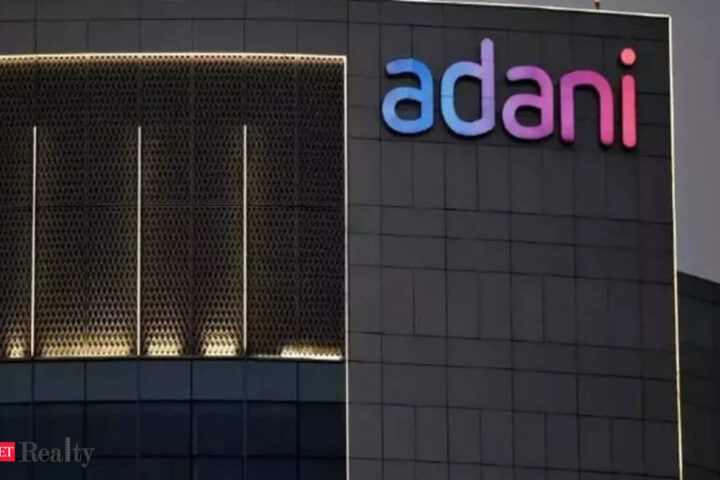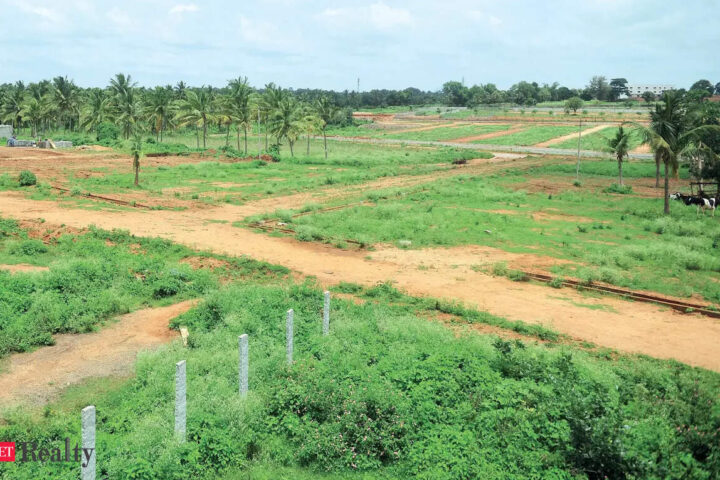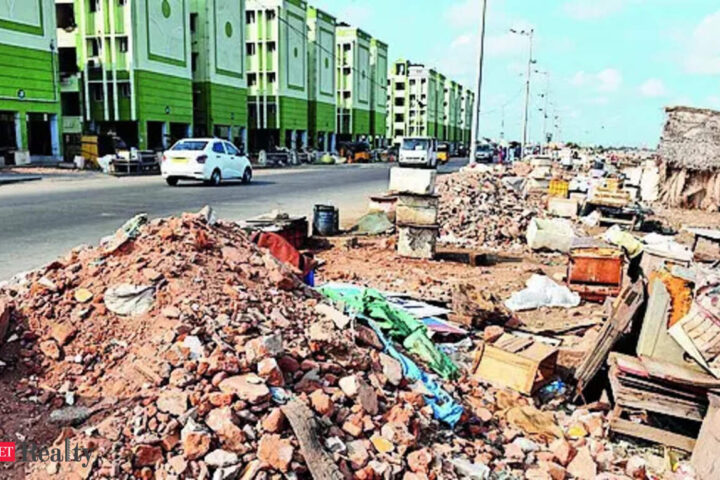
PANAJI: Considering the “serious impact that ready-mix concrete plants have on the environment”, the high court of Bombay at Goa directed the Goa State Pollution Control Board to frame guidelines for such plants in the state. The division bench, comprising Justices M S Karnik and Nivedita Mehta, directed the board to complete this task within three weeks.
The company, Jaelynn Infra Pvt Ltd, went to the high court challenging the board’s Jan 10 order for compliance with its conditions. The board directed the plant to be immediately closed or operations suspended until it complies with the anti-pollution measures suggested by it.
Advocate Nigel da Costa Frias, representing Geeta Pandurang Ganoji and four others in a related public interest litigation, placed on record a report on ready-mix concrete plants of the Tamil Nadu Pollution Control Board. The National Green Tribunal (SZ) directed the Tamil Nadu board to formulate guidelines for ready-mix concrete plants, and accordingly, guidelines were framed for such plants there.
The report covered the environmental impact of ready-mix concrete plants and stated that the industry should be classified as an air polluting industry. The major pollutant is dust, the board stated, adding that dust present in the fine aggregate and coarse aggregate gets carried by with the wind and deposited in nearby agricultural lands, pathways, buildings, etc.
Likewise, fly ash and cement also get carried during transportation, storage, and utility, the report stated, adding that dust particles deposited on water sources affect the quality of water.
The high court observed that the Maharashtra Pollution Control Board and Haryana Pollution Control Board have evolved guidelines for ready-mix concrete plants in their states too. The Maharashtra Pollution Control Board even specifies buffer zones from human habitation and sensitive places like schools, colleges, hospitals, and courts for such plants.














